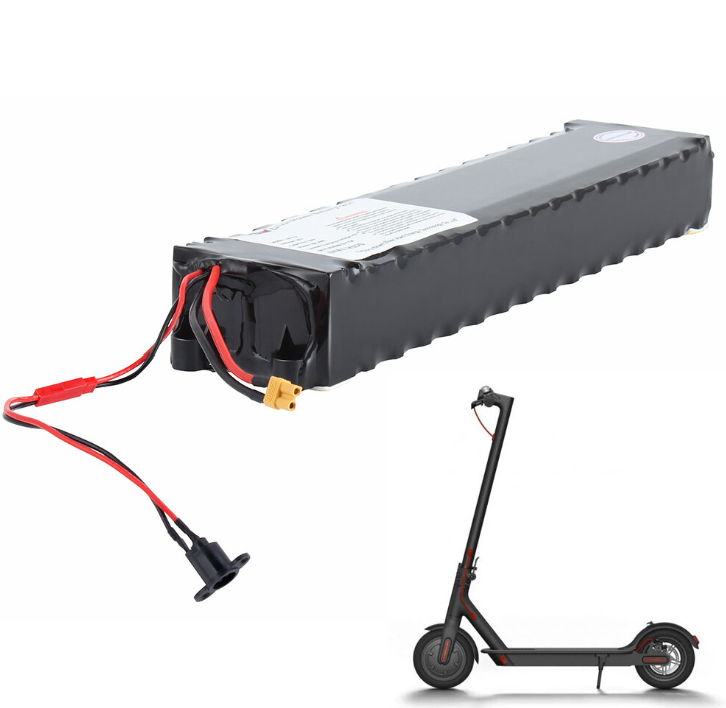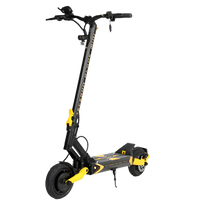- best electric scooter for adults nz, Bikes vs electric scooters, buy electric scooter auckland, Buyelectricscooter, e scooter parts, E-scooterreview, E-Scooters, electric scooter, electric scooter accessories, electric scooter Auckland, electric scooter in Auckland, electric scooter regulations, electric scooter servicing, electric scooter shop Auckland, electric scooter: how it works, electric scooters, high performance electric scooter, how to ride an electric scooter safely, urban commuter electric scooter, zero electric scooter
- Hobbs Hobbs
Keep safe with Lithium batteries

Lithium Battery fires
You may have seen the recent news pieces about E-scooter fires and like many people you may be wondering if you should be worried about your scooter battery.
Hopefully this blog will give you some tips on battery care and some reassurance too.
Lithium ion batteries are not new. Neither are battery fires. In 2016 Samsung issued a recall on their Galaxy Note 7 phones which were bursting into flames. Some of the phones had a faulty battery that overheated during charging and this made them a fire risk.
Occasionally we see the same thing with an e-scooter on YouTube. Though not often, thankfully.
E-scooter batteries are made up of cells, similar to an AA battery you purchase in the supermarket. These are spot welded into rows and connected in a series to the battery BMS (Battery Management System). The BMS is an electronic board that controls power in and out and monitors the battery for problems. 
There are different ways these batteries are arranged to make them safe and any damage to wires or wrapping can be a problem for safety. Battery repair and manufacture is a specialised job and requires specific skills and knowledge.
Cheap is cheap
Not all batteries are manufactured to the same standard and good quality batteries are expensive. If you are buying a cheap product, you may be buying a sub standard battery and these are much more of a risk than good quality ones.
 The battery is by far the most expensive element of the e-scooter, often costing a third or more of the e-scooter value to replace. Samsung, LG and Panasonic cells are the best standard available and the most reliable. We have also had lots of positive experience with Grade A chinese cells which can also be extremely good. The key determiner with batteries is price. As importers we look for the quality marks, serial numbers and manufacturers details as these tell us the manufacturer, batch and quality control information.
The battery is by far the most expensive element of the e-scooter, often costing a third or more of the e-scooter value to replace. Samsung, LG and Panasonic cells are the best standard available and the most reliable. We have also had lots of positive experience with Grade A chinese cells which can also be extremely good. The key determiner with batteries is price. As importers we look for the quality marks, serial numbers and manufacturers details as these tell us the manufacturer, batch and quality control information.
Are Lithium Battery fires more dangerous?
Lithium Ion batteries contain a liquid electrolyte that is flammable and very volatile if exposed to heat. Lithium fires are not combustion fires, which is what we are most familiar with. They are a chemical reaction and so they burn until all the available fuel material is finished. This makes them very difficult to put out as they are fed by the chemicals within them. For this reason scooter manufacturers advise users not to leave scooters charging unattended. Do not charge while sleeping and ideally charge away from living and sleeping areas. At the very least, do not charge in the fire exit area. This is true of all devices containing lithium ion batteries including your phone.
Lithium Ion battery fires are relatively rare. For example: all sources we found, including in NZ, confirm that EV vehicles only have a .03% chance of catching fire compared to a petrol vehicles risk of 1.5%.
However, no one wants a fire in their house. So…
Minimise the risk and take good care of your battery.
Safety advice
- Always, always, always use the correct charger. The charger is wired correctly and is the correct voltage. Using a different charger is extremely risky. Cheap chargers purchased online may not have safety features required or may be wired completely differently even if they look the same.
- Do not charge unattended. Do not charge while sleeping and ideally charge away from living and sleeping areas. At the very least, do not charge in the fire exit area. This is true of all devices containing lithium ion batteries including your phone.
- Do not leave on charge (plugged in) for extended periods. Un plug once charging complete or if you need to leave it. Although the battery CPU should prevent overcharging, this circuit could fault.
- Never charge a damaged battery. If your scooter is visibly damaged, has crashed or taken a big knock or if you suspect your scooter might have water inside, get it checked.
- Charge in a well ventilated area on a hard non insulating surface. In a cement garage away from flammable objects is preferrable
Best practice advice
- Avoid getting the scooter wet. Never leave water sitting on the scooter. Over time it can work its way past seals and get inside the battery cavity. Batteries have a sticker on them that turns red when exposed to water. This does not mean your battery is damaged but is a clear warning. Water damaged batteries can swell and leak volatile compounds.
- Allow time after a ride for things to cool before plugging in to charge. Charging warm batteries can shorten their life span anyway.
- Avoid using your scooter at maximum speed for prolonged periods. Heat build up can damage wiring insulation overtime so you may not be aware there is damage until it is too late. If you need speed, buy a scooter that delivers the speed easily rather than a scooter that can just manage.
- Check your charger. Chargers can get warm but never hot.
Buyer Beware
Stolen scooters are sold online either without chargers or with whatever charger the thief could get hold of. At FREEd we have seen all sorts of chargers paired with scooters. This is a fire risk. If you are buying online, call the retailer that sells the model and brand and get advice.
Ideally purchase from a reputable dealer that repairs their own products and has a reputation to protect. As the industry grows and more e-scooter dealers appear, not all are offering the same level of assurance. A company that imports a batch of scooters to sell and disappears not only leaves you with no way to repair your scooter, they have no vested interest in your safety.
Generally speaking Lithium ion batteries are safe if cared for properly. However, developments in battery tech are an incredibly interesting area of research and changes will inevitably flow through to the micro transport sector. One day, I believe, battery fires will no longer be a risk. Until then you can minimise your risk and ride (and sleep!) safely.
FREEd Electric Scooters offer some battery repair and maintenance services. We work with training and supervision of an experienced engineer and if your battery cells are in decent condition we can often help you get better performance and longer life. Talk to us any time on 021498269. Your safety is our priority so we offer free advice, always.
We offer a standard 12 months warranty on all vehicles and you can request 24 months warranty.





